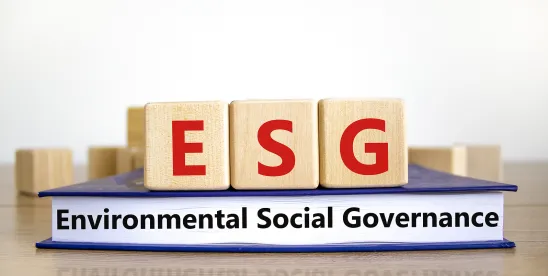Last month, a federal district court struck down Missouri's anti-ESG rules that would prohibit investment advisors from utilizing ESG factors when making investment decisions (absent written consent of the client). Specifically, the court awarded summary judgment to SIFMA, a trade association that had challenged the anti-ESG rules, and held that the rules violated the U.S. Constitution.
Missouri had elected to appeal that ruling to the Eighth Circuit. However, the Missouri Attorney-General has now abandoned that appeal, dooming the anti-ESG rules previously championed by Missouri. (As part of the agreement to end the appeal, SIFMA is receiving only $500,000 in legal fees--rather than the $1.3 million in legal fees it had originally sought.)
While there is now no opportunity for the specific anti-ESG rules Missouri had promulgated to be revived, the decision to abandon the appeal also means that the Eighth Circuit will not have the opportunity to opine on the legality of these rules--and so avoids the prospect of a legal judgment that would devastate the anti-ESG political project. A ruling from the Eighth Circuit that affirmed the district court's holding that the anti-ESG rules were unconstitutional would be a far greater hurdle for subsequent efforts by Missouri (and similarly-inclined states) to surmount if they engaged in subsequent anti-ESG legislation and regulation, rather than a single opinion by a federal district court.




 />i
/>i
